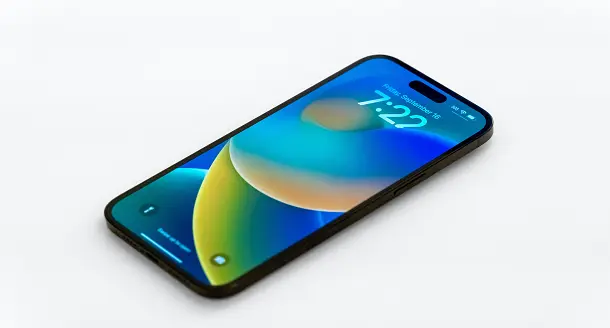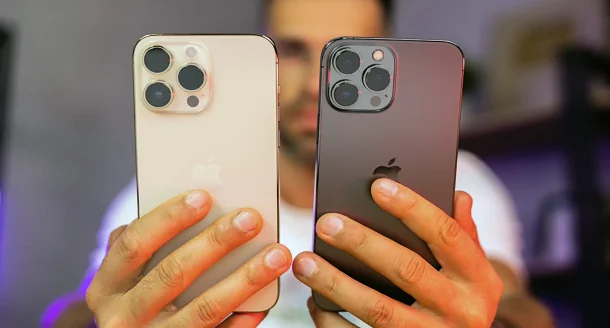Touch ID is a revolutionary new security feature for iPhones and iPads, removing the need to enter a passcode. According to Adrian Kingsley-Hughes, a writer for ZDNet, this biometric security feature will give users more safety and security. “While Touch ID may be convenient for users, there are some important disadvantages to biometric protection,” he writes.
Biometric security feature:
The biometric security feature of iPhone/iPad TouchID makes e-commerce payments faster and easier than ever. Although some people are sceptical of Touch ID, Apple has taken steps to protect user data and never stores the information on its servers or iCloud. Touch ID users should also be aware that biometric fingerprint information cannot be used to match with other databases. Apple also offers dedicated support for Touch ID security.
Touch ID is Apple’s biometric fingerprint recognition system, which is used to authenticate transactions through Apple Pay and supplement the password on the device. It is also present on the latest models of the MacBook Air and iPad mini. While most iPhones use Face ID, the biometric security feature of the iPhone/iPad Touch ID is still widely used in Apple’s current lineup of devices. The iPad Air, iPad mini, and 10.2-inch iPad all use Touch ID for authentication.
More sophisticated than Touch ID:
Apple’s fingerprint sensor, known as Touch ID, has been around for years and has now been integrated into the home button on the iPad Air. It replaced the Apple ID password, and lets users create complex passcodes for unlocking their devices. This new technology has many advantages and is far more secure than the traditional four-digit PIN. Unless it’s a rogue fingerprint reader, Touch ID is probably a worthwhile investment.
Face ID isn’t as fast as TouchID, but it is more secure. Apple claims that the chances of a thief hacking it are less than one in 50,000 or one million, depending on the situation. However, if you are genetically related to someone who has the same facial features as you, the chances of this hacking increase to around one in a million or more. The risk is also higher if you’re under 13, have a twin, or have a close genetic relationship with someone you know.
More secure than Face ID:
The main question is: Is Face ID really more secure than a regular password? While the answer depends on the user, the biometric security system has been a hot topic in recent years. While a mobile device’s password is hackable, a person’s face or fingerprints are far less susceptible to exploitation. A hacker has less than a one-in-fifty chance of successfully copying a user’s face.
Many privacy experts believe that Apple’s Face ID is 20 times more secure than Touch ID. The company claims that the chances of a fake Face ID unlocking a device are one in 50,000. This is significantly lower than the one-in-ten-million chance of a false positive. Furthermore, it takes more than half an hour to copy facial recognition data from a person’s iPhone. However, privacy experts are still divided on the matter.
Author Bio: Miguel Gabriel is a research-based content writer. He has worked in various industries, including healthcare, technology, and finance. He is currently working as a writer in Research Prospect famous for dissertation writing services and Report writing services. When Miguel is not writing or researching, he enjoys spending time with his family and friends. He also loves travelling and learning about new cultures.


